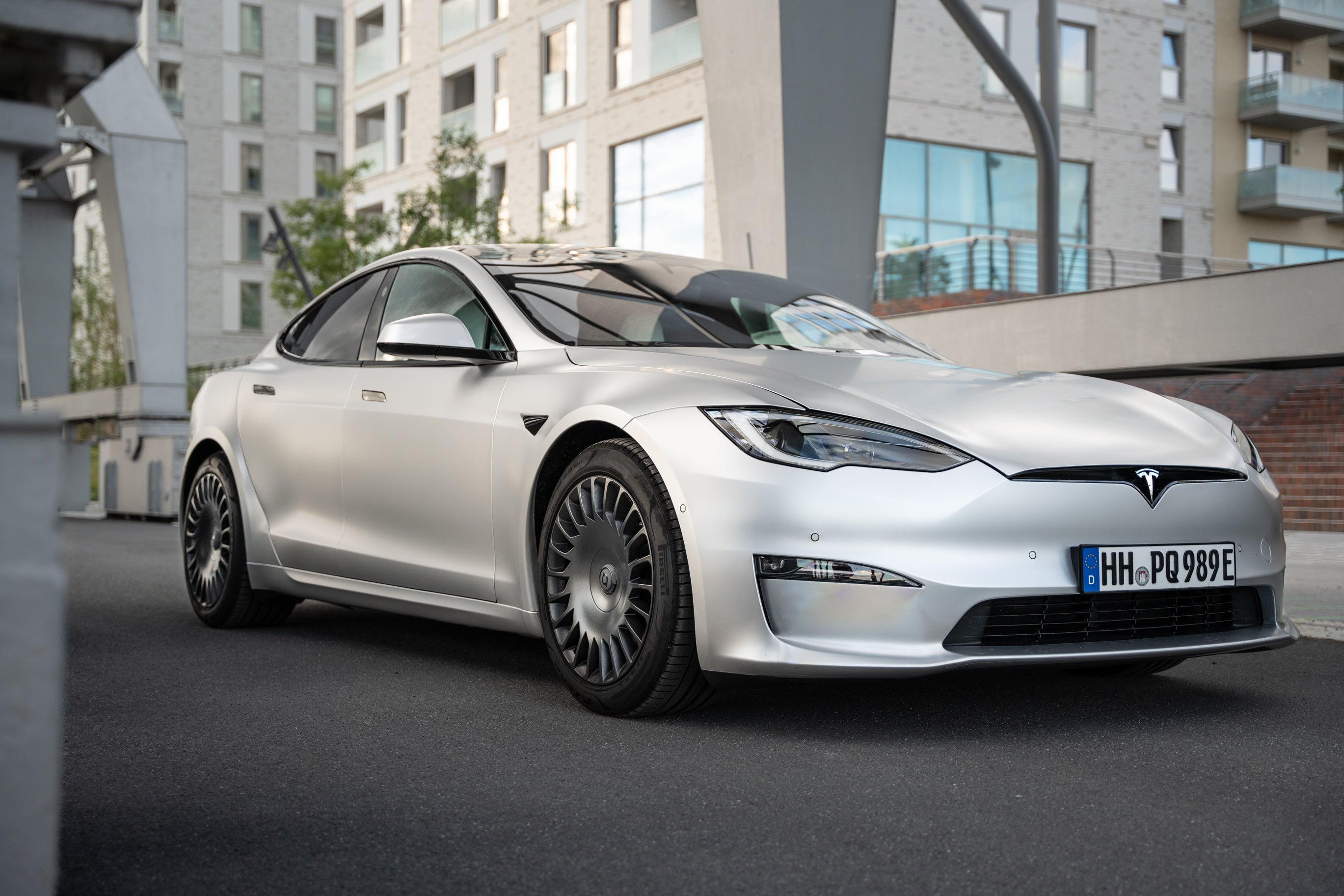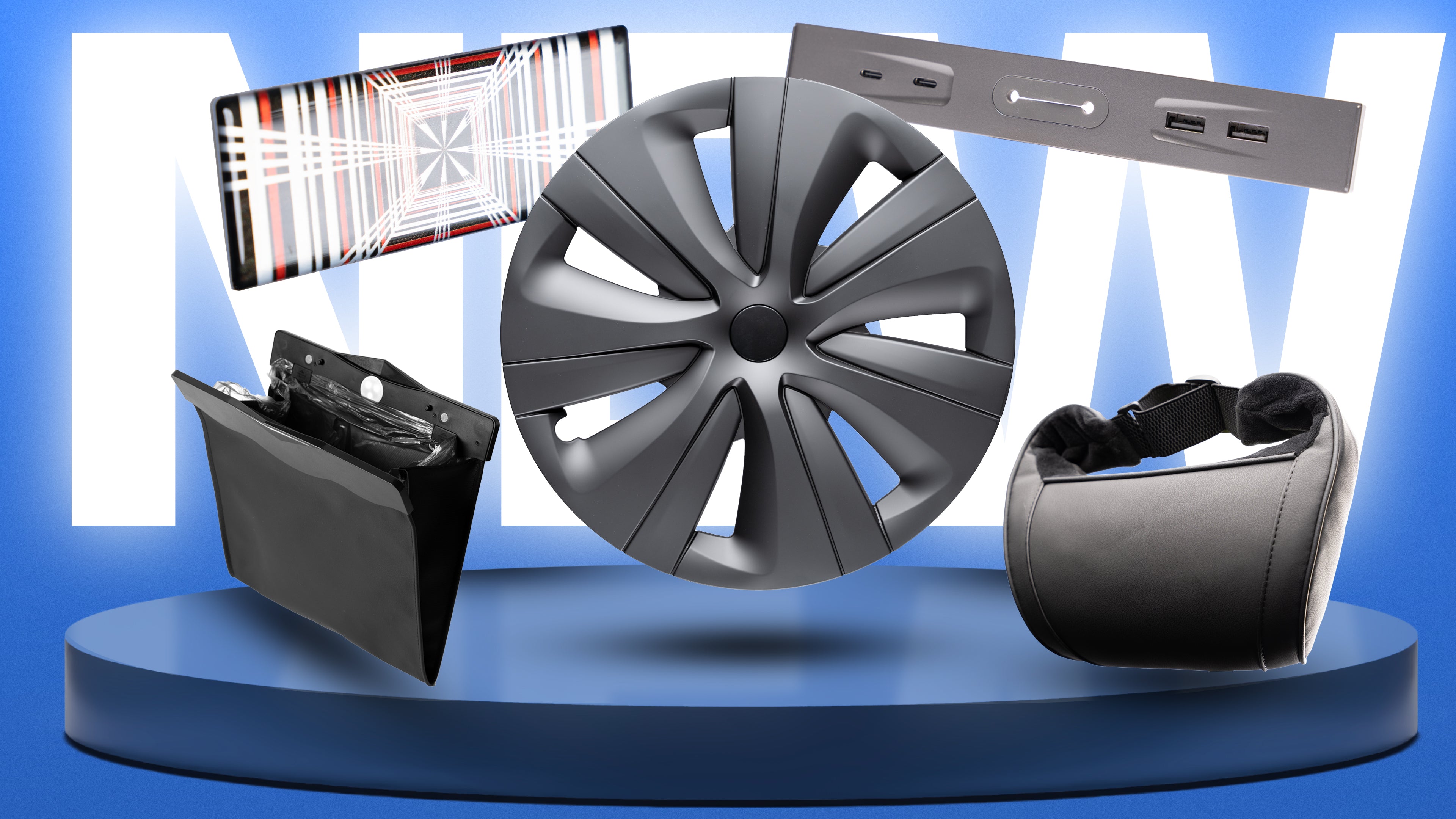Electromobility: Are e-cars in crisis? EU registration figures provide clues
At the beginning of 2024, many experts sounded the alarm because European registration figures for electric cars were down on the previous year. Is the mobility transition or even the entire climate transition in crisis? Is the much-cited range anxiety still the customers' undoing, or is it ultimately the price that influences the decision?
Electromobility, whose fuel ideally comes from renewable energies, is a key strategy for slowing down global warming. Despite the increasing presence of electric vehicles in urban traffic, many potential customers are still skeptical about this drive concept.
Declining registration figures: Causes and effects
In rural regions of Germany, the switch to more environmentally friendly vehicles is being delayed. Range anxiety and charging anxiety are widespread concepts, although manufacturers are trying to allay these concerns with advanced technology. The expansion of charging infrastructure is also progressing, albeit not as quickly as hoped.
However, price remains a decisive factor in the purchasing decision. Electric cars are often more expensive to buy than combustion engines, mainly due to the high battery costs and lower production volumes. Government subsidies and lower operating costs can partially offset these additional costs.
Cancellation of the environmental bonus: a damper on e-mobility?
On December 17, 2023, the state environmental bonus was abolished in Germany. The German government announced that this bonus had been paid for 2.1 million electric vehicles within seven years. Despite this success, the goal of putting at least 15 million fully electric cars on the roads by 2030 remains a challenge. Without government purchase incentives, this target could be difficult to achieve.
No subsidies, fewer electric cars?
The abolition of the environmental bonus has had a noticeable impact: In May 2024, the Federal Motor Transport Authority reported a drop in new registrations of pure electric vehicles (BEV) of more than 30 percent compared to the previous year. From January to May 2024, 140,713 vehicles were registered. Extrapolated to the year as a whole, this would be around 300,000 new registrations, which would result in just 1.5 million vehicles by 2030 - a far cry from the government's target.
New registrations of petrol and diesel vehicles increased by 2.1 and 3.2 percent respectively in the same period. In comparison: while around 140,000 fully electric cars were registered, over 650,000 vehicles with combustion engines were registered. Although plug-in hybrids recorded slight growth, subsidies for these models ended at the end of 2022.
Europe-wide trend: national differences and similarities
The ACEA (European Automobile Manufacturers' Association) also registered a decline in the electric vehicle market across Europe. While e-car registrations in Germany were still up at the start of 2024, they fell sharply in March and May. The initial growth could be due to the fact that subsidized vehicles purchased in 2023 were still being registered.
In Belgium, however, the market recorded growth, possibly due to the expiry of the state subsidy at the end of 2024. In France, on the other hand, the subsidy will remain in place, which will have a positive impact on registration figures.
Pricing and market competition: challenges for e-cars
In addition to the abolition of the environmental bonus, pricing also poses a challenge. The trend in private transport is towards larger vehicle models, while small cars are becoming increasingly rare and expensive. The ADAC reported in mid-2023 that small cars are hardly being produced anymore due to development costs. At the same time, demand for small cars remains high, especially in cities.
Chinese e-car manufacturers are pushing into the German market as their subsidized vehicles are cheaper than European models. The EU is planning punitive tariffs on these imports to protect the domestic industry. However, this could also affect European manufacturers who produce in China and whose vehicles are also imported.
Conclusion: The future of electromobility in Europe
Electromobility and its penetration of individual transportation remain an exciting and complex topic. The coming months will show how registration figures develop and what measures governments take to accelerate the switch to e-cars. Given the current performance of other means of public transport, it is understandable that Germany continues to rely heavily on the car.


































